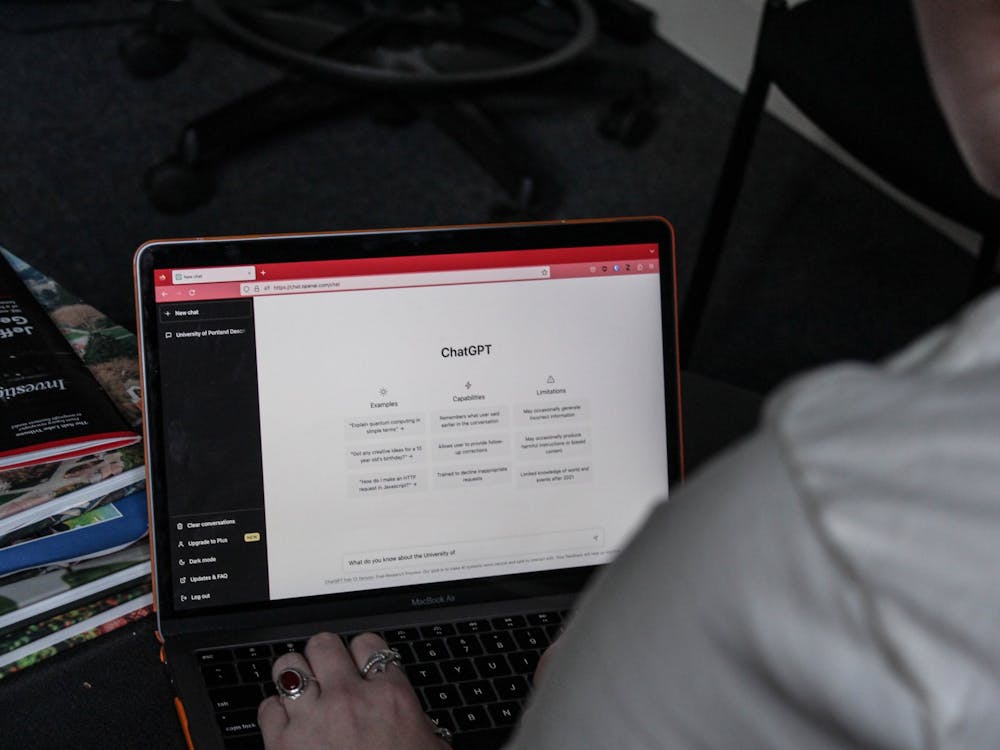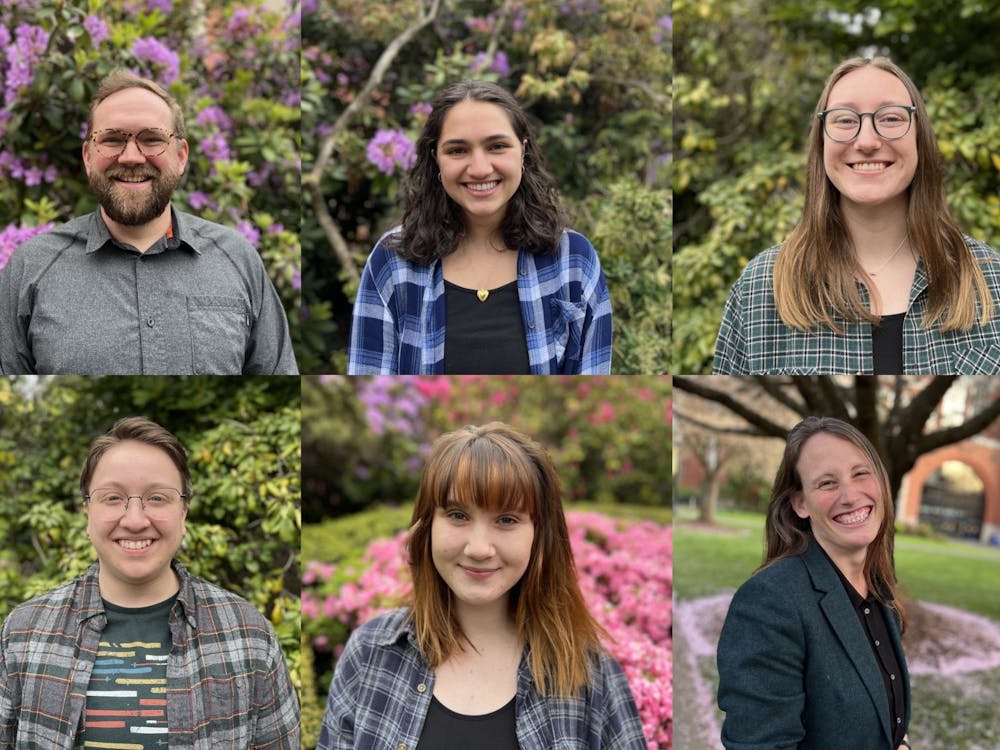As the University determines what the best path forward is after recent disappointing enrollment numbers and a budget loss to the tune of $13.4 million, legitimate questions are being raised about how not only to enroll new students, but how to keep the ones the University already has.
One new policy introduced by the University is a two year on-campus living requirement, beginning for the class of 2027. This means that prospective freshmen for the fall of 2023 must be comfortable enough with living on campus for four semesters to enroll, something that seems questionable given that many UP students choose to move off-campus when they have the chance. Currently, campus dorms sit at only 75% capacity, implying that on-campus living remains less desirable than alternatives for at least a solid portion of UP students.
If the University is to succeed with moving forward not only with a two-year residency requirement, but increased enrollment in general, it must ensure that the campus is an attractive place for incoming freshmen and current students not only to study, but to live. This can best be accomplished by utilizing the advantage of being situated in the city of Portland, and by bringing Portland’s strengths to campus.
A primary concern that many UP students have about living on campus is the quality of food options available. Because the class of 2027 will now be required to purchase meal plans for two years, having unappetizing food options on campus risks turning away many prospective students. The University can take a strong step forward by playing to one of Portland’s most popular strengths: its food carts.
UP already allows food carts on campus during orientation, but revokes that privilege for much of the academic year, choosing instead to rely entirely upon Bon Appetit as the University’s “exclusive catering partner,” who are tasked with managing “all food service programs” on campus.
However, if the University instead played to Portland’s food cart strength, perhaps by allowing food carts onto campus on a weekly basis, the University would likely see an increase in student foot traffic and engagement, as well as having a firm selling point for prospective students visiting the campus.
Having a wider variety of food options available on campus, even only on a weekly basis, would also likely help student morale surrounding food options, which, as mentioned, is often a factor in students choosing to live off-campus, further removing a source of revenue for the University.
Additionally, allowing food carts to come onto campus with more regularity does not cost the University any additional funds, as it would only necessitate a change of policy, enabling the University to make a positive and potentially lucrative change without spending any money, something that would presumably be attractive to a school already running a budget deficit.
Having something like weekly food carts on campus in the city best known for the quality of its food carts and the widespread nature of its food cart culture would be a strong selling point for prospective students, and for current students who might otherwise leave campus.
Another of Portland’s strengths currently underutilized by the University is music. Portland hosts a wide variety of indie and underground bands and performers, owing in part to its many venues and rebellious culture. Why then, are live artists on campus so infrequently? Would it not be of interest for prospective freshmen to see Portland’s up and coming music artists performing their debuts at the University?
While bringing live talent to campus is not inexpensive, Portland’s large roster of lesser-known and smaller bands and performers would make it easier to find less expensive performers without sacrificing quality of the performances. Holding more consistent live performances to campus would admittedly be more difficult than changing food cart policy, but locating lesser-known groups to perform cheaper and smaller scale concerts could be a strong way to maintain the engagement of current students, and to pique the interest of visiting high schoolers and families.
By embracing Portland, the University can make a stronger case to potential freshmen and current students pondering off-campus housing alike. After all, if you’re already in Portland, why not play to the city’s natural strengths?
Taylor Marks is a junior at the University of Portland. He can be reached at marks24@up.edu.
Have something to say about this? We’re dedicated to publishing a wide variety of viewpoints, and we’d like to hear from you. Voice your opinion in The Beacon.








